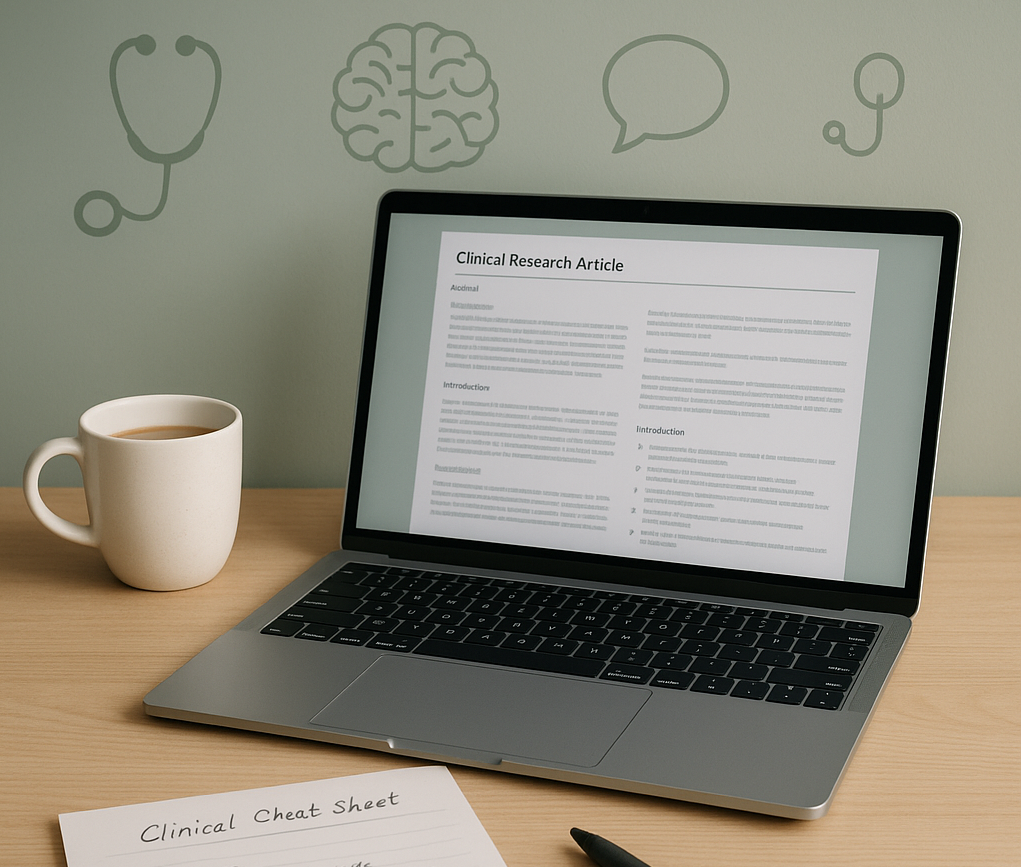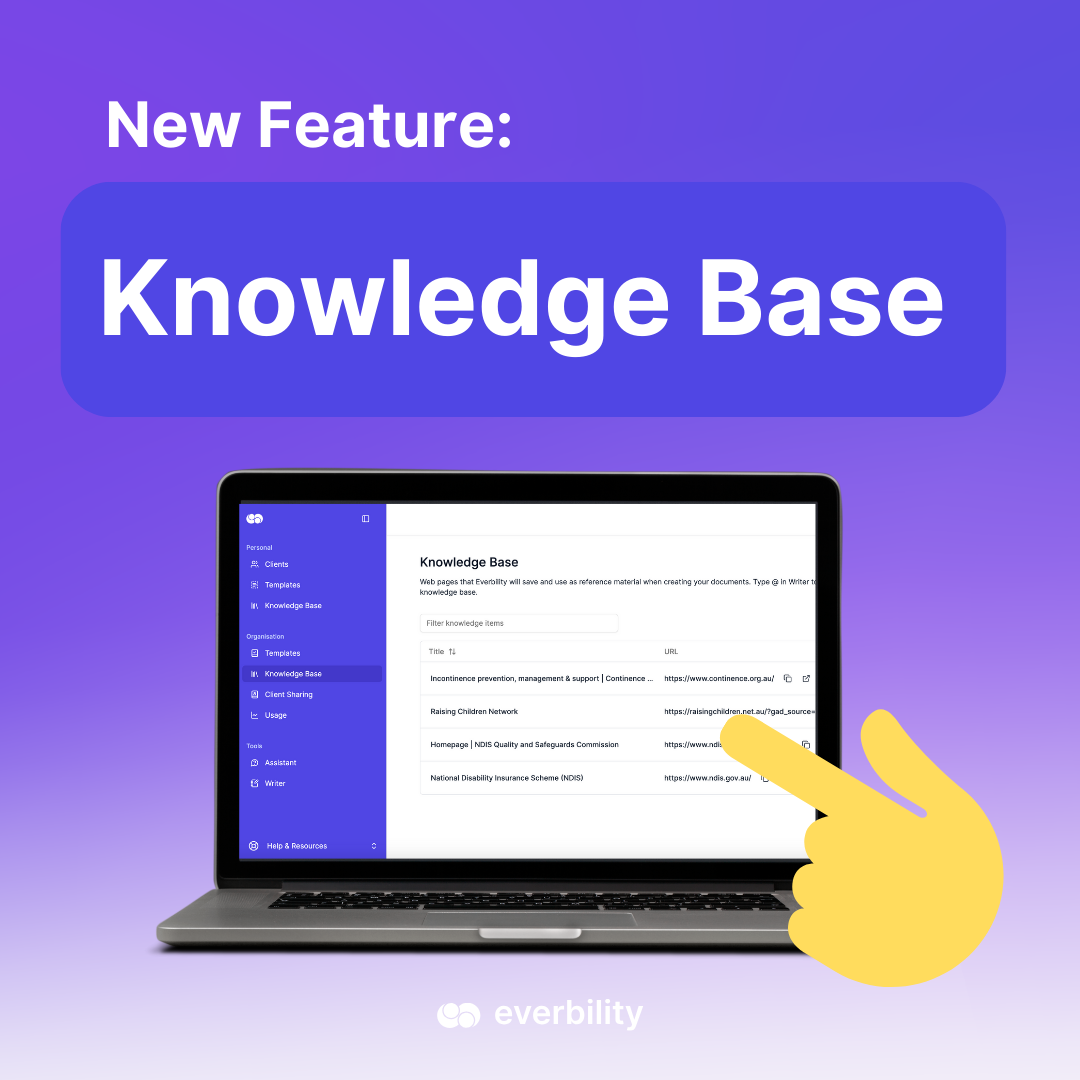- Published on
How to Stay Up to Date with Best Practice Without the Overwhelm
- Authors
- Name
- Bella Martini

Introduction
- Start With Trusted Sources
- Schedule One “Research Hour” Per Month
- Build a Clinical “Cheat Sheet”
- Bring the Research Into Your Everyday Work
- You Don’t Need to Know It All
As therapists, we’re constantly encouraged to “stay on top of the research” and align our practice with current guidelines. But between full caseloads, admin, supervision and the general juggle of life, keeping up can feel more like a burden than a benefit.
The reality is that most clinicians want to use evidence-based approaches.
They just don’t have hours each week to dig through academic papers or interpret new frameworks.
The good news is that there are simple ways to stay aligned with best practice without sacrificing your evenings or weekends.
Start With Trusted Sources
Instead of trying to read everything, pick a few high-quality, regularly updated sources to follow. These might be peak bodies, government sites or clinical networks in your area of practice. Subscribe to their updates and skim the headlines. You don’t need to deep dive into every article. Just knowing what’s new is a great first step.
Schedule One “Research Hour” Per Month
A single, protected hour each month to read, watch a recorded webinar or check out a new guideline can be enough. Block it in your calendar like a non-negotiable appointment. You might even pair it with something enjoyable, such as a coffee, quiet space or no emails, to make it feel less like work and more like investment in yourself.
Build a Clinical “Cheat Sheet”
Keep a simple running document or note where you summarise key takeaways from things you’ve read. Even bullet points will do. Over time, this becomes your personal resource bank and one that’s actually relevant to your clients and context.
Bring the Research Into Your Everyday Work
This is where things can really shift. Instead of treating research as a separate task, look for ways to bring it into the documentation and decision-making you’re already doing.

If you're using Everbility, the new Knowledge Base feature makes this easy. You can upload key research articles, clinical guidelines or trusted webpages directly into your workspace. Then, when writing your notes, reports or templates, you can simply reference these by typing @ followed by the title of the resource.
For example:
"Summarise the key points from the webpage @YourUploadedGuideline and integrate them into my session notes."
Or
"Use information from @RecentSpeechPathologyResearch to generate detailed recommendations for this client's treatment plan."
This turns research into something usable, right when and where you need it.
You Don’t Need to Know It All
Finally, a reminder.
Evidence-based practice doesn’t mean memorising every new paper. It means knowing where to find trustworthy information, understanding it enough to apply it, and using your clinical reasoning to make informed decisions. You’ve already got the clinical expertise. With the right supports, accessing and applying research can be the part that lightens your workload rather than adds to it.
Want to see how Knowledge Base works in action?
Click here to book a demo and we’ll walk you through it.